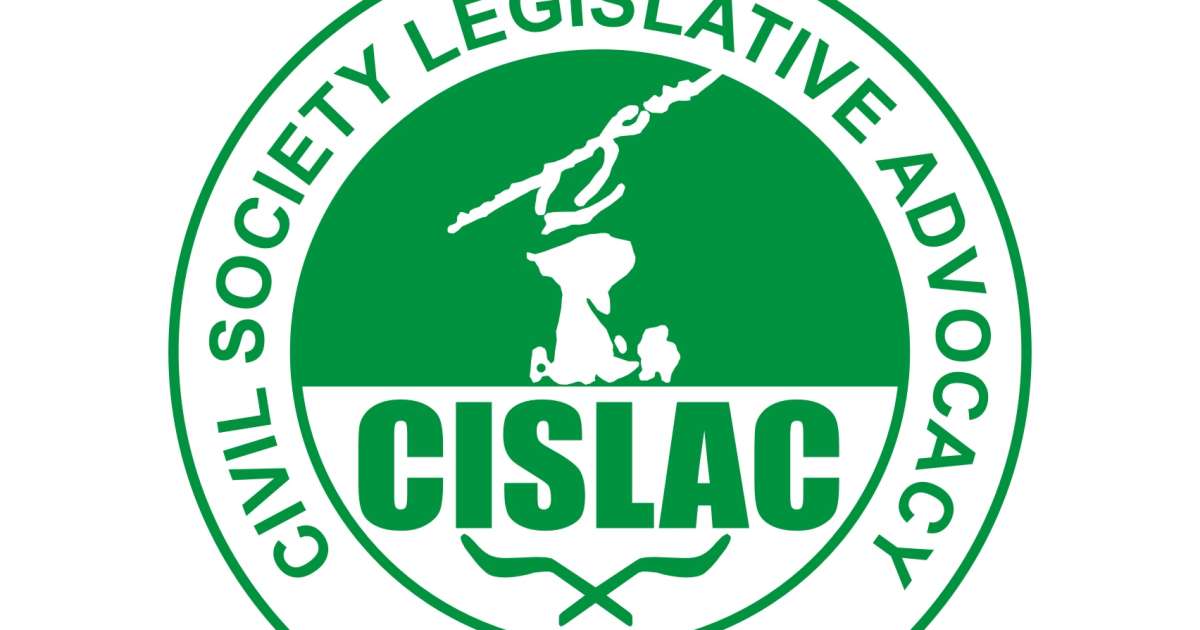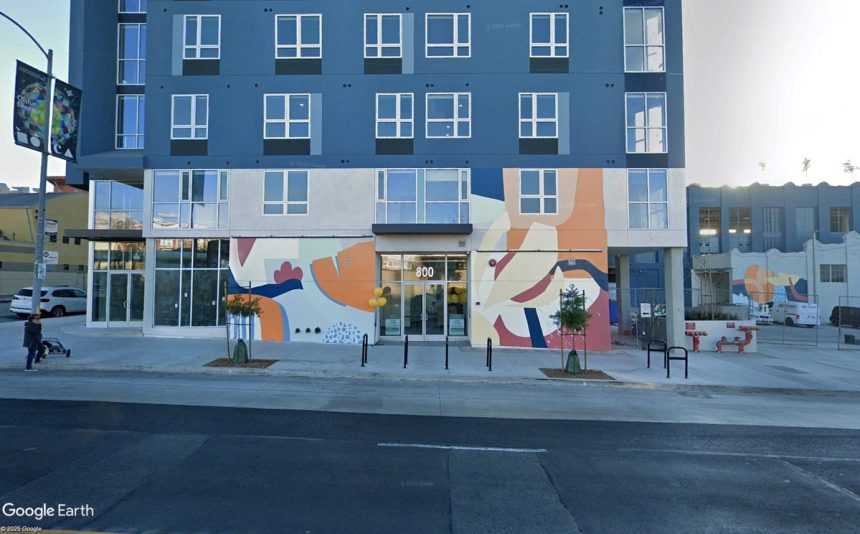By Abbas Jimoh ActionAid Nigeria (AAN) and Civil Society Legislative and Advocacy Centre (CISLAC) have cautioned the President Bola Ahmed Tinubu-led administration against ignoring the International Monetary Fund (IMF) and World Bank warning of worsening poverty by 2027. The two organisations, on Monday, in separate statements said the government must overhaul its approach to fiscal discipline, eliminate wasteful spending, and ensure oversight of the 2025 budget to prevent economic and social catastrophe in the country. The IMF and World Bank, at the just-concluded 2025 Spring meetings in Washington, DC, USA, painted a gloomy picture of Nigeria’s economic outlook in the short to medium term.
Among the highlights was the downgrading of the country’s economic growth forecast, with an indication that the country’s economic policy reforms are largely ineffective in addressing inclusive growth and concluding that poverty rate in the country would increase by 2027. Similarly, Ms. Rabi Isma, the Chair, AAN’s Board of Directors, on Monday in a statement she signed at the end of the 55th meeting of the board, expressed deep concern over the current state of the nation, which has been marked by escalating political crises, economic challenges, and a severe international funding downturn.

She stated that Nigeria faces severe fiscal strain with its N54.99trn 2025 budget and that amidst this economic distress, banks continue to post record profits, driven largely by levies, transaction fees, and forex gains which expose a troubling disconnect between the financial sector’s success and the harsh economic realities facing ordinary Nigerians. Isma said, “Meanwhile, the abrupt withdrawal of over $60bn in foreign aid has also severely impacted health services, agriculture, and social welfare programmes.
Adding to this, the World Bank’s April 2025 Africa’s Pulse report forecasts a 3.6 percentage point increase in Nigeria’s poverty rate by 2027, underscoring the deepening economic crisis. “Despite a statistical decline in inflation, the cost-of-living crisis remains severe, with food, fuel, and transportation costs soaring.
Amid these pressing challenges, the board of directors acknowledges the recent upgrade of Nigeria’s sovereign credit rating by Fitch Ratings from ‘B-’ to ‘B’. This reflects improvements in policy credibility and reforms such as exchange rate liberalisation and tighter monetary policies, signaling potential for better economic stability.” She also noted that the fuel subsidy removal remains contentious because it disproportionately impacts vulnerable groups.
She said, “Given the World Bank’s warning of worsening poverty by 2027, the government must overhaul its approach with fiscal discipline, eliminate wasteful spending, and ensure oversight of the 2025 budget. “Expanding social protection, investing in smallholder farmers, and prioritising education, healthcare, and job creation are now vital. The president must address inflation and the cost-of-living crisis with policies to stabilise food prices, improve local production, and respond to exchange rate depreciation while aligning CPI rebasing with tangible economic relief for Nigerians.
” She urged the federal government to now leverage its BRICS partnership to secure strategic investments that prioritise job creation, infrastructure development, and social welfare. “We enjoin policymakers to ensure that economic benefits are equitably distributed and that agreements with BRICS countries align with Nigeria’s national interests, particularly in labour rights, environmental protection, and industrial growth. “The president, in his capacity as Minister of Petroleum Resources, must ensure that the reinstated naira-for-crude framework is strengthened through the establishment of a sustainable, fair, and transparent system.
This should include independent third-party monitoring of crude oil sales and pricing to prevent market manipulation, and the development of a competitive fuel pricing model that prioritises local refining,” Isma said. She demanded that the Central Bank of Nigeria (CBN) and relevant regulatory bodies conduct a public audit of banking sector profits and transaction charges, as despite rising poverty and inflation, record bank profits from fees and forex speculation expose a disconnect between financial policy and social wellbeing. She said, “CBN must revise its policies to prevent exploitation, cap transaction fees, and mandate the reinvestment of a portion of profits into financial access initiatives for marginalised communities.
In addition, the government should consider imposing a windfall tax on extraordinary bank profits to fund social protection programmes and expand financial inclusion.” Also, the Country Director, AAN, Mr Andrew Mamedu, said, “ActionAid Nigeria is deeply concerned, yet unsurprised, by the grim projections from the World Bank’s April 2025 Africa’s Pulse report, which forecasts a 3.6 percentage point increase in Nigeria’s poverty rate by 2027.
“Governance remains Nigeria’s greatest obstacle. The World Bank has clearly highlighted the country’s poor performance on governance indicators such as government effectiveness, accountability, and political stability, which remain among the weakest in Africa.” He said public institutions continue to fail in managing resources and delivering basic services, which is also widening the trust deficit between citizens and government.
Also speaking on the development, the Executive Director, CISLAC, Mallam Auwal Musa Rafsanjani said, “This report coming from the World Bank is not surprising to us because all the signs are there. We have been advising the Nigerian government to carry out better reforms, economic reforms to address poverty, inequality, and ensure financing for development, and block or reduce or minimise opportunities for corruption and embezzlement. ”There’s no way you can have this kind of tendency of reckless spending, looting, excessive borrowing for just personal consumption or diversion, and lack of productivity in the economy without adverse consequences.
”Even our trade and investment is not yielding the result it’s supposed to yield, and definitely this projection by the World Bank will not be a surprising thing. “In most of our states, the governors and the leadership are not harnessing the resources in their states. Rather they embark on gigantic unproductive projects just for the sake of taking money away, not for addressing gaps in education, in healthcare system, and even in the infrastructure.
” The CISLAC boss and Head of Transparency International-Nigeria, also said if this kind of mindset is continued, there is no way one can deal with the issues of poverty and inequality because if the whole idea of governance is to grab the resources, steal the money, institutionalise impunity and recklessness in governance, which definitely will continue to push more Nigerians into poverty. Unlock AI's potential! Get top prompts for content, blogs, social media, research, draft proposals and more. Boost creativity start using AI tools today! Click here to learn how it works.
Start Affiliate Marketing Today! Learn step-by-step how to set up a blog, find programs, create links, and earn money—beginner-friendly guide inside! Click here to learn how it works. Amazon KDP (Kindle Direct Publishing): This step-by-step guide will walk you through everything you need to know—from setting up your account to publishing and marketing your books for maximum earnings. Click here to learn how it works.
Join Daily Trust WhatsApp Community For Quick Access To News and Happenings Around You..
Business

IMF, World Bank report: ActionAid, CISLAC task FG on fiscal discipline, budget oversight

ActionAid Nigeria (AAN) and Civil Society Legislative and Advocacy Centre (CISLAC) have cautioned the President Bola Ahmed Tinubu-led administration against ignoring the International Monetary Fund (IMF) and World Bank warning of worsening poverty by 2027. The two organisations, on Monday, in separate statements said the government must overhaul its approach to fiscal discipline, eliminate wasteful [...]















